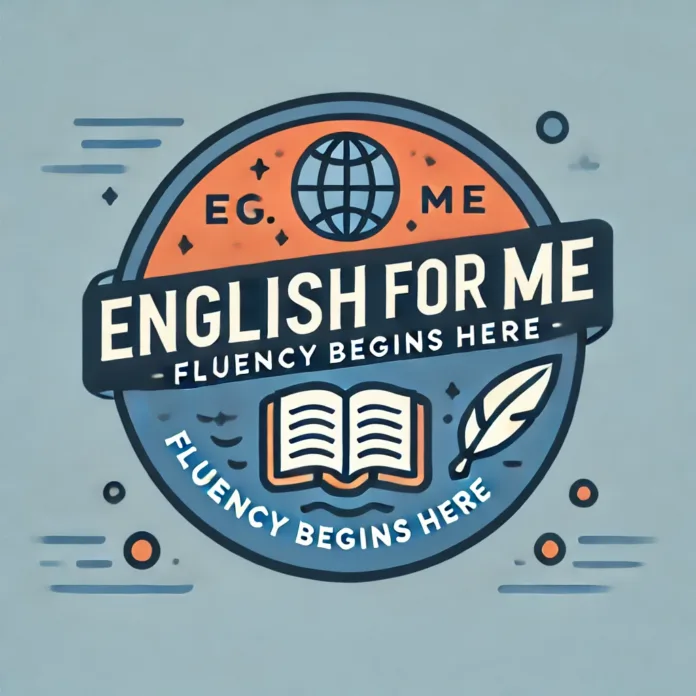Here are some common kitchen activity words with their meanings in Marathi and emojis:
1. Stirring (🔄) – ढवळणे / हलवणे
👉 पदार्थ चमच्याने ढवळणे किंवा मिक्स करणे.
2. Grating (🧀) – किसणे
👉 भाजी, चीज, नारळ इत्यादी किसणीवरून किसणे.
3. Kneading (🤲) – मळणे
👉 पिठाला पाणी घालून चांगले मळणे.
4. Chopping (🔪) – चिरणे
👉 भाज्या किंवा फळे लहान तुकड्यांमध्ये कापणे.
5. Peeling (🍌) – सोलणे
👉 केळी, बटाटा, सफरचंद यांची साल काढणे.
6. Sautéing (🍳) – परतणे
👉 तेलात किंवा तुपात भाज्या हलक्या परतणे.
7. Boiling (🔥) – उकळणे
👉 पाणी, दूध किंवा अन्न गरम करून उकळणे.
8. Frying (🍟) – तळणे
👉 तेलात किंवा तुपात पदार्थ तळणे.
9. Whisking (🥄) – फेटणे
👉 अंडी किंवा दूध चमच्याने किंवा फेटणीने फेटणे.
10. Rolling (🍪) – लाटणे
👉 पोळी किंवा पराठ्यासाठी पीठ लाटणे.
11. Blending (🥤) – मिश्रण करणे
👉 मिक्सरमध्ये पदार्थ एकत्र करून मिश्रण तयार करणे.
12. Pouring (🥛) – ओतणे
👉 भांड्यातून दुसऱ्या भांड्यात द्रव पदार्थ ओतणे.
13. Draining (🚰) – निथळणे
👉 उकडलेले पदार्थ गाळणीने गाळून पाणी वेगळे करणे.
14. Seasoning (🧂) – फोडणी देणे / मसाले टाकणे
👉 पदार्थाला चव वाढवण्यासाठी मसाले किंवा फोडणी टाकणे.
15. Serving (🍽️) – वाढणे
👉 ताटात किंवा प्लेटमध्ये अन्न वाढणे.
Here are the sentences in English using above words.
1. Stirring (🔄) – to mix by moving a spoon or ladle
👉 Mom is stirring the curry with a spoon. (👩🍳🥘)
2. Grating (🧀) – to shred into small pieces using a grater
👉 Grandma is grating a carrot for the salad. (👵🥕)
3. Kneading (🤲) – to mix and press dough with hands
👉 Mom is kneading the dough for chapati. (👩🍳🍞)
4. Chopping (🔪) – to cut into small pieces
👉 Dad is chopping onions for the curry. (👨🍳🧅)
5. Peeling (🍌) – to remove the outer skin
👉 The boy is peeling a banana. (👦🍌)
6. Sautéing (🍳) – to lightly fry in oil or butter
👉 The chef is sautéing paneer in a pan. (👨🍳🍲)
7. Boiling (🔥) – to heat a liquid until it bubbles
👉 Mom is boiling milk. (👩🍳🥛🔥)
8. Frying (🍟) – to cook in hot oil
👉 Grandma is frying pakoras. (👵🍛🔥)
9. Whisking (🥄) – to beat a liquid quickly
👉 My sister is whisking eggs for a cake. (👧🎂🥄)
10. Rolling (🍪) – to flatten dough with a rolling pin
👉 Mom is rolling chapatis. (👩🍳🍪)
11. Blending (🥤) – to mix ingredients smoothly
👉 My sister is blending strawberries for juice. (👩🦰🍓🥤)
12. Pouring (🥛) – to transfer liquid from one container to another
👉 The girl is pouring milk into a glass. (👧🥛)
13. Draining (🚰) – to remove excess water
👉 Mom is draining rice using a strainer. (👩🍳🍚🚰)
14. Seasoning (🧂) – to add spices for flavor
👉 Grandpa is seasoning the dal. (👴🫘🧂)
15. Serving (🍽️) – to give food to others
👉 Mom is serving hot food to everyone. (👩🍳🍛🍽️)
Here are some common sports-related words with their meanings
⚽ Football (सॉकर)
1. Kick (👟) – लाथ मारणे
👉 The player kicked the ball into the goal. (⚽🥅)
2. Dribble (⚽) – चेंडू हळूहळू पुढे नेता
👉 He is dribbling the ball past the defenders. (👟⚽)
3. Pass (🤝) – चेंडू पुढे देणे
👉 She passed the ball to her teammate. (⚽➡️👭)
4. Goal (🥅) – गोल करणे
👉 The striker scored a goal in the last minute! (⚽🎯)
🏏 Cricket (क्रिकेट)
5. Batting (🏏) – फलंदाजी करणे
👉 Virat Kohli is batting brilliantly today! (🏏🏆)
6. Bowling (🎳) – चेंडू टाकणे
👉 The bowler bowled a fast delivery. (🏏💨)
7. Catch (🤲) – झेल पकडणे
👉 The fielder caught the ball near the boundary. (🏏🤲)
8. Wicket (🛑) – बळी घेणे
👉 The bowler took three wickets in one over! (🏏🎯)
🏀 Basketball (बास्केटबॉल)
9. Dribble (🏀) – चेंडू टपटप उडवणे
👉 The player is dribbling the ball towards the basket. (🏀🚀)
10. Shoot (🎯) – फेकणे
👉 He shot the ball and scored three points! (🏀🏆)
11. Dunk (⛹️) – जोरात टाकणे
👉 The player did an amazing slam dunk! (🏀🔥)
🎾 Tennis (टेनिस)
12. Serve (🎾) – पहिला फटका मारणे
👉 She served the ball at 150 km/h! (🎾⚡)
13. Volley (⚡) – हवेत फटका मारणे
👉 He hit a quick volley to win the point. (🎾🎯)
🏃 Athletics (क्रीडा स्पर्धा)
14. Sprint (🏃) – वेगाने धावणे
👉 The athlete sprinted towards the finish line. (🏃💨🏅)
15. Jump (🤾) – उडी मारणे
👉 The long jumper jumped 8 meters! (🏅🏆)
WEATHER VOCABULARY (English – Marathi)
☀️ Sun – सूर्य
⛅ Sunshine – ऊन / सूर्यप्रकाश
☁️ Cloud – ढग
🌧️ Rain – पाऊस
🌬️ Wind – वारा
⛈️ Storm – वादळ
⚡ Lightning – विज
🌩️ Thunder – गडगडाट
❄️ Snow – बर्फ
🌫️ Fog – धुके
🌁 Mist – दव / कुंद धुके
💧 Dew – दव
🌨️ Hail – गारपीट
🌡️ Temperature – तापमान
💦 Humidity – आर्द्रता
🔥 Heat – उष्णता
🥶 Cold – थंडी
🍃 Cool – गारवा
☀️ Hot – गरम
♨️ Warm – उबदार
🌬️ Chilly – बोचरी थंडी
❄️ Freezing – गोठणारी थंडी
🌦️ Drizzle – रिमझिम पाऊस
🌊 Flood – पुर
☀️ Drought – दुष्काळ







